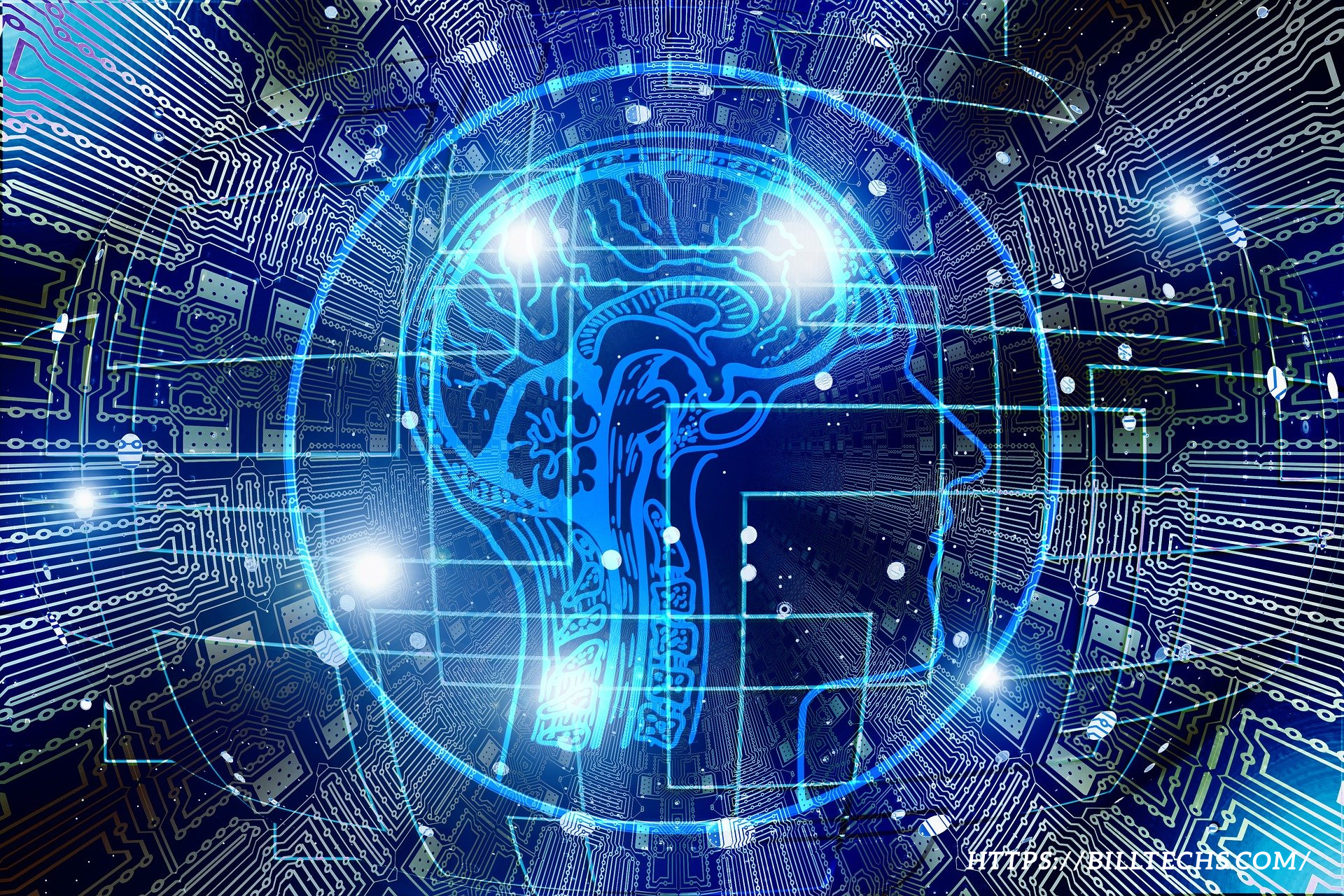Unlike traditional computer programs that follow set instructions, AI is capable of processing new information quickly while making more accurate decisions than humans could. Furthermore, it learns from its errors to improve making AI ideal for tasks requiring large volumes of data or complex scenarios, such as self-driving cars or image recognition programs.
Artificial intelligence’s impact in everyday life becomes clear when one considers its prevalence in technology such as smartphones, smartwatches, and home automation systems. Artificial intelligence plays an integral role in features like predictive typing, enhanced assistants like Amazon Alexa, Apple and Google Assistant. AI also plays a part in optimizing smartphone battery life or wearable device battery life optimization to navigate an appliance or secure your network securely.
AI is making waves across industries, making it easier for businesses of all sizes to manage global supply chains, innovate products and provide exceptional customer experiences. From 150-year-old Heineken to tech giants like Netflix and Facebook, companies are using AI, and their vast data sets to streamline operations, drive marketing decisions and improve customer service.
Studies show that while many assume AI will lead to job losses, in fact it will create more opportunities than it eliminates. AI can do work faster and without bias; and provide 24-hour-something humans would find
 What Is Artificial Intelligence? Definition, Uses, and Types
What Is Artificial Intelligence? Definition, Uses, and Types